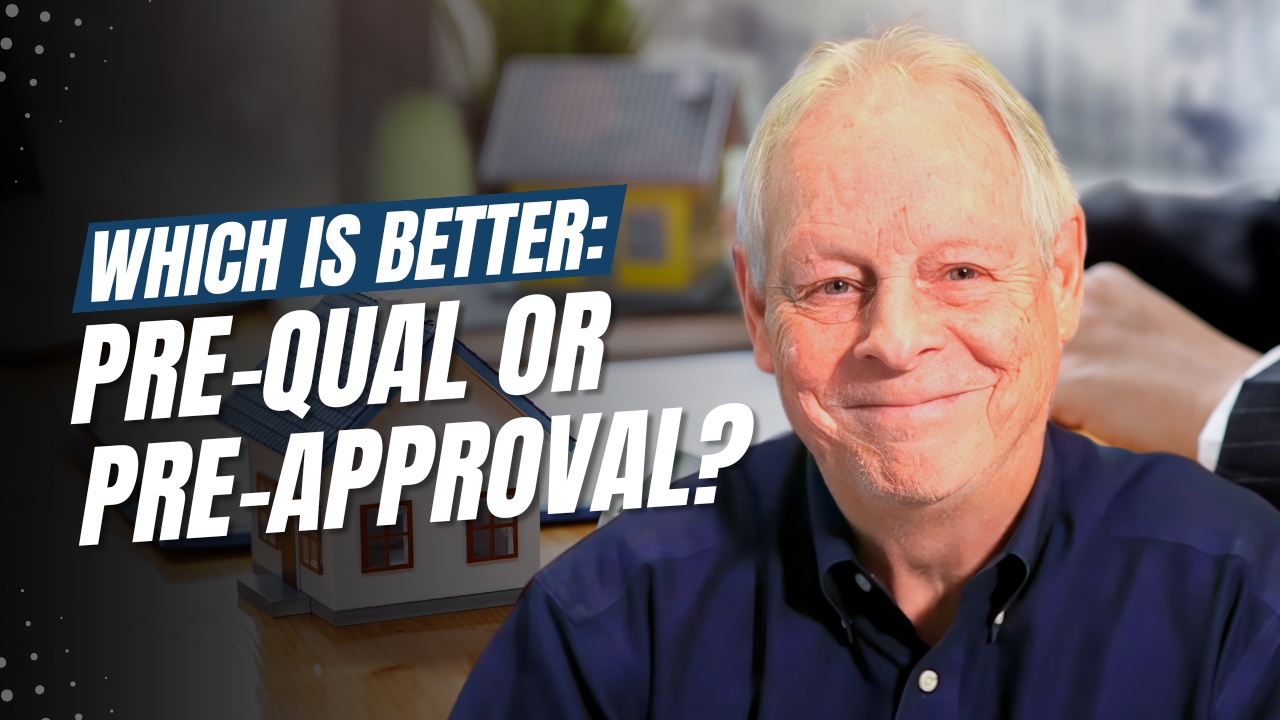Your Mortgage Starts Here. Schedule a 1-on-1 discovery call where I’ll listen to your needs and see if I can help you. Schedule a Call
If you’re self-employed, buying a home can feel a lot harder than it should be. You work for yourself, bring in solid income, and manage your business, but when it’s time to apply for a mortgage, the process can feel unfair. I’ve helped many self-employed clients navigate this exact issue, and it is a difficult hurdle to overcome, but there are also solutions. Today, I’ll break down how self-employed buyers can secure a mortgage:
Why do self-employed borrowers have it harder? The main challenge is how lenders calculate income. If you’re self-employed, they don’t look at how much money you earn each month. Instead, they focus on what shows up on your tax returns. Most self-employed individuals utilize legal write-offs to reduce their taxable income. That helps you save money at tax time, but it makes your income look smaller on paper. So when an underwriter reviews your file, they may think you don’t earn enough to qualify, even if your business is doing well.
You need at least two years in business. Lenders want to see stability. That means you must show two full years of self-employment history. If your business is newer, you’ll likely need to wait until you meet that two-year mark to qualify for most loan programs.
Income reporting is the biggest obstacle. Even profitable business owners can struggle if they’ve written off too much of their expenses. Lenders need to see enough income on your tax returns to approve the loan. If the number is too low, your application may not be approved for underwriting.
Bank statement loans can help. There’s a flexible option for self-employed borrowers who can’t qualify with tax returns, and it’s called a bank statement loan. Instead of looking at your taxes, the lender reviews 12 to 24 months of your business bank statements. They calculate your average monthly deposits and apply a standard expense factor to estimate your income. This provides a more realistic picture of your actual cash flow, which helps many self-employed buyers qualify.
What to expect with interest rates? If you qualify using tax returns, just like everyone else, your rate is based on your credit score. However, if you opt for a bank statement loan, your interest rate may be approximately 0.5 to 1 percent higher. This is because the lender takes on more risk.
If you’re self-employed and thinking about buying a home, don’t let income reporting stop you. Feel free to call or text me at 281-348-9899 or email me at mike@mortgageguys.pro. I can help you understand your numbers and determine which loan program is the best fit for you.
-
Your Mortgage Starts Here. Schedule a 1-on-1 discovery call where I’ll listen to your needs and see if I can help you. Schedule a Call
-
Get Pre-Approved Today. Unlock your dream home today by getting pre-approved for a loan. today. Start now and take the first step towards securing your ideal mortgage with ease!. Get Started
-
Free Rate Quote. Complete our quick secure application, and we will get you a custom quote with different options and review which one best fits your needs!. Apply Now
-
Free e-Newsletter. Keep up to date with my mortgage tips and Q&A.. Subscribe Now




